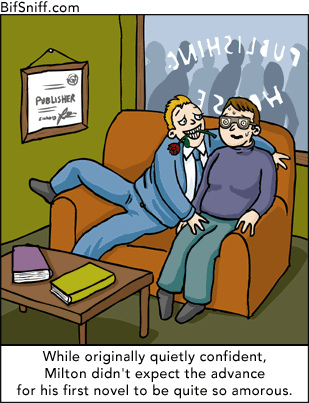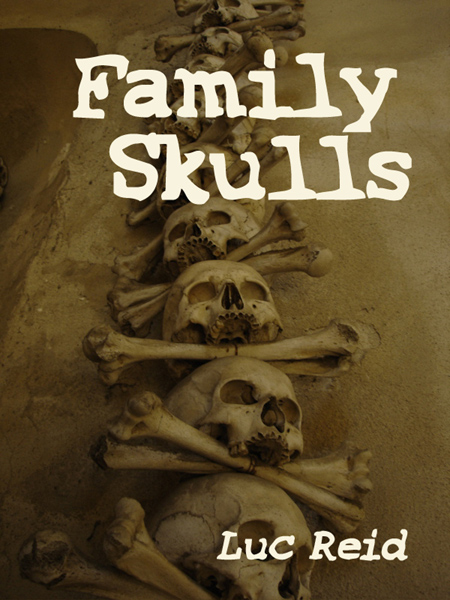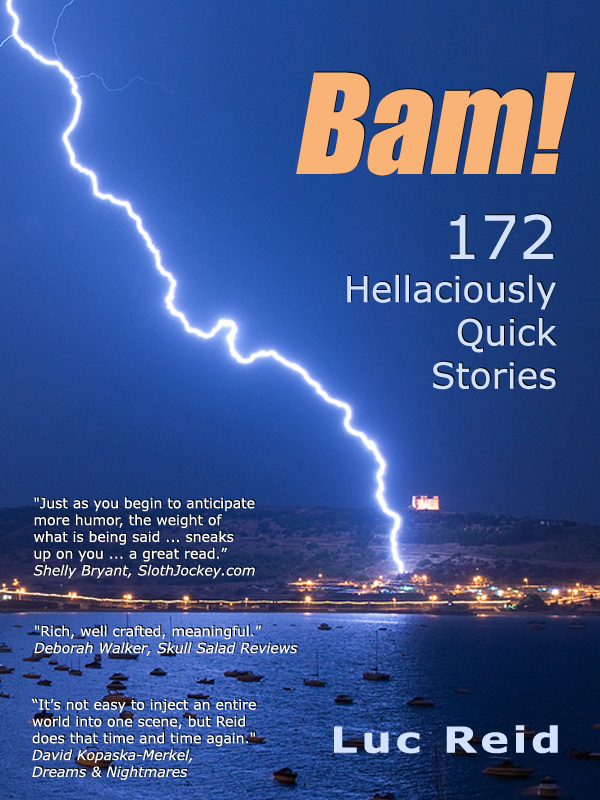Today’s guest post about Google Books is by Judson Roberts, author of the Strongbow Saga. You can find him on Amazon.com, and his Web sites are StrongbowSaga.com and JudsonRoberts.com.

Jud says: I don’t actually hate all things Google. Google is still the Internet search engine I use more than any other, I love Google maps and Google Earth, and the free Google Navigation app on my Android phone is a wondrous thing, indeed.
But I am learning to hate Google Books. Let me explain.
I’m an author and, like many other authors, have been, over the course of the past year, republishing, as self-published books, some of my titles that my original publisher had taken out of print. So far, that’s been a mostly very pleasing project. The Amazon Kindle e-book versions are doing very well–much better than they ever did when published by HarperCollins, their original publisher–and the new print-on-demand print editions are selling steadily, too. They’re now for sale as Nook books at Barnes & Noble (and that has been a much less happy experience, but the problems with B&N I’ll leave to a separate rant). So I decided my next frontier would be Google’s relatively new e-book store.
I think I can honestly say that I have never–NEVER–dealt with a more user unfriendly operation. How can an organization that prides itself on creating intuitive, user friendly programs and applications have created such a monster?
An author cannot get to the Google e-book store, to place his books up for sale there, unless he first becomes a “partner” with Google Books. What does that mean? Well, I confess that I’m not totally sure. There are pages and pages and pages of legal mumbo-jumbo you have to wade through and agree to. I’m a lawyer, and usually actually read that kind of thing, but the Google Books disclaimers, agreements, etc., etc. left my head spinning. Hopefully I have not granted Google exclusive rights to the first born child for the next three generations of my family.
Then, you have to give Google Books a copy of the print version of your book. That’s the heart of their whole plan: Google is trying to create a vast digital library of every book in print, and many now out of print, and if you want to sell e-book editions through Google, you have to give them the right to add your book to their digital library (what rights do they have over it once it’s there? I don’t know, which is scary). One option is to mail them a print copy, so they can disassemble the book and scan it into their database, but the alternative they strongly encourage is that you save them any effort by just uploading a PDF version of the book.
Okay–I do want to place my e-books in the Google e-book store, so I did. Or at least I tried. But the Google Book Uploader would not work for me. After an hour or more of digging through multiple layers of “help” pages, I discovered why. Google requires you to rename any book files you submit according to their internal naming conventions. If you do not, their Uploader will not accept them.
Think about that for a minute. And to help you, let me explain how the similar process occurs with Amazon. You enter the relevant data such as title, author, price, etc., then click on the file(s) to be uploaded to give Amazon the actual text, cover image, etc. Since you’re uploading the file within the framework of all the other data about the book you’ve provided, there’s really no possibility that the book file(s) will somehow get lost. But with Google, after you enter the title, author, etc., you also have to correctly rename any book files you upload, or they will not go through. It perhaps would be only a minor irritation if Google simply told you that up front, but when you have to dig through layers of unhelpful “help” pages to discover that fact, it’s infuriating. Plus, the Uploader guidelines say check back regularly, and within a week they’ll let you know whether your upload was successful, or you have to try again. I’m still in Google Books limbo.
And then there’s the pricing issue. Google’s e-book store sells internationally, as does Amazon’s Kindle store. With Amazon, all an author has to do is set the U.S. price in dollars, and the price in other currencies, such as British pounds or Euros, will be automatically set to correspond. With Google, you have to “activate” each individual territory, and part of that process includes setting the price there. You can either accept Google’s default option, which will set the e-book price at 80% of the print edition’s price–a price I personally feel is too high for e-book editions in most cases–or you have to manually set the price in each given territory’s currency. Thank you so much, Google, for being so author-friendly and helpful.
Photo by iansand


 Joy Marchand is a writer, poet, and editor. I met her at the 2004 Writers of the Future workshop, where her terrific short story “Sleep Sweetly, Junie Carter” (written as Joy Remy) won her a spot in Writers of the Future XX. My “Bottomless,” a story of a young man exiled from his village located deep within a bottomless pit, appeared in the same volume, but Joy’s story of a woman trying to cope with more time than any human is made to handle may well be my favorite in the book.
Joy Marchand is a writer, poet, and editor. I met her at the 2004 Writers of the Future workshop, where her terrific short story “Sleep Sweetly, Junie Carter” (written as Joy Remy) won her a spot in Writers of the Future XX. My “Bottomless,” a story of a young man exiled from his village located deep within a bottomless pit, appeared in the same volume, but Joy’s story of a woman trying to cope with more time than any human is made to handle may well be my favorite in the book.






